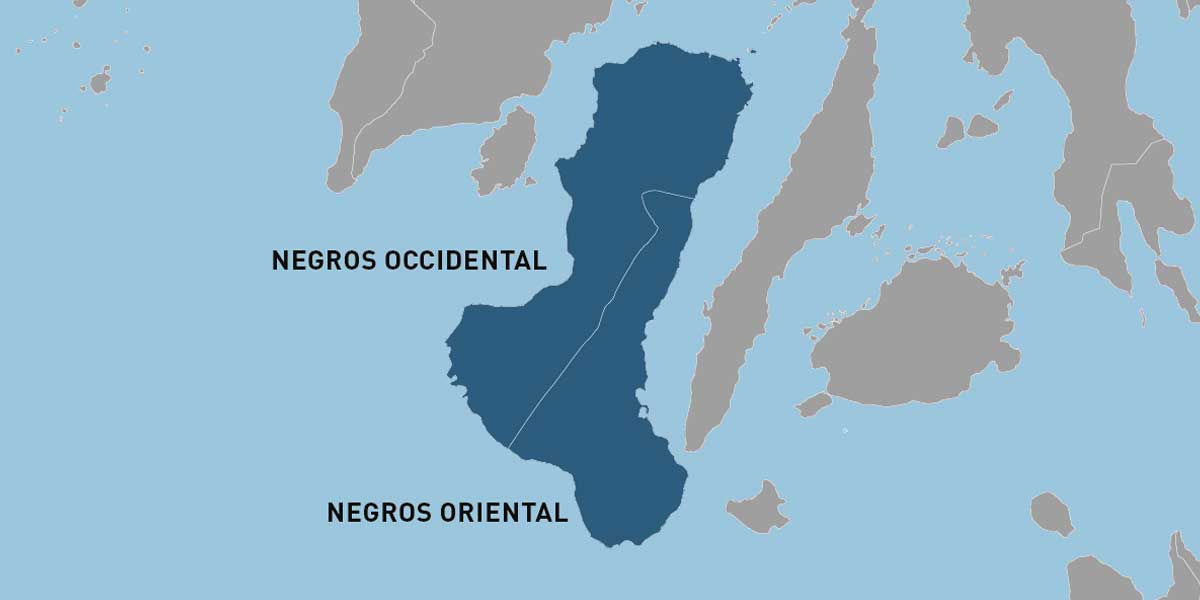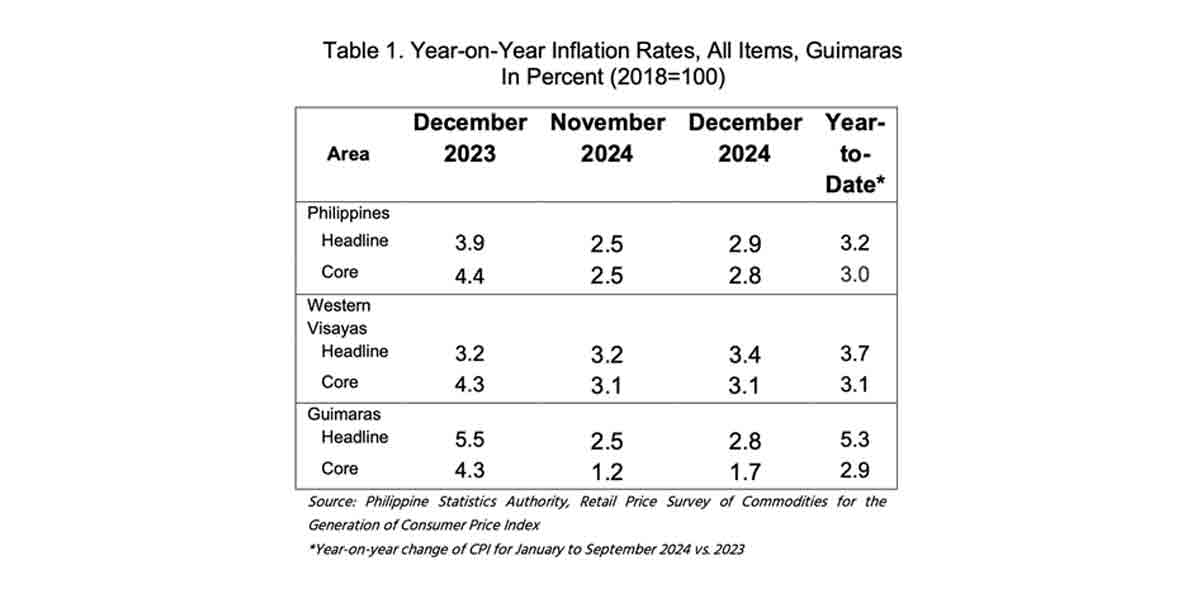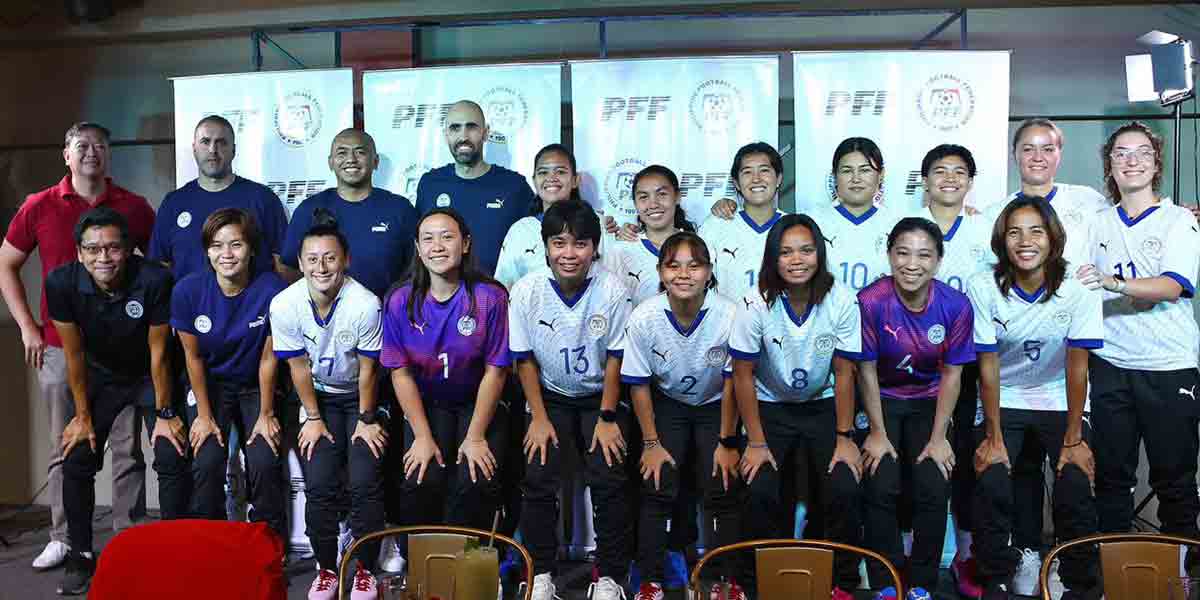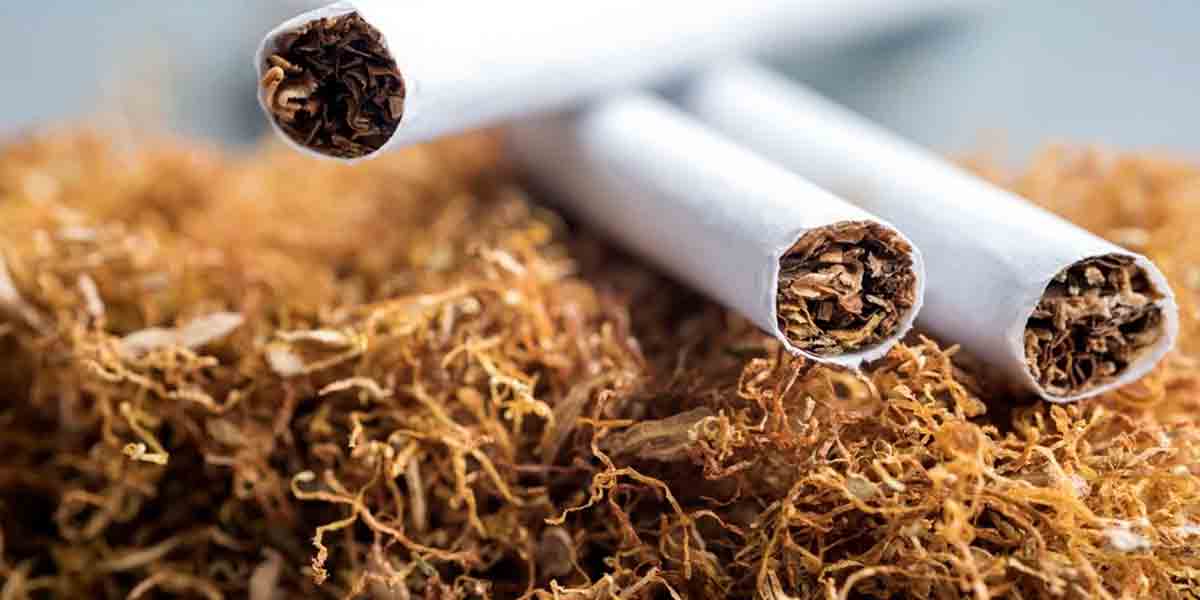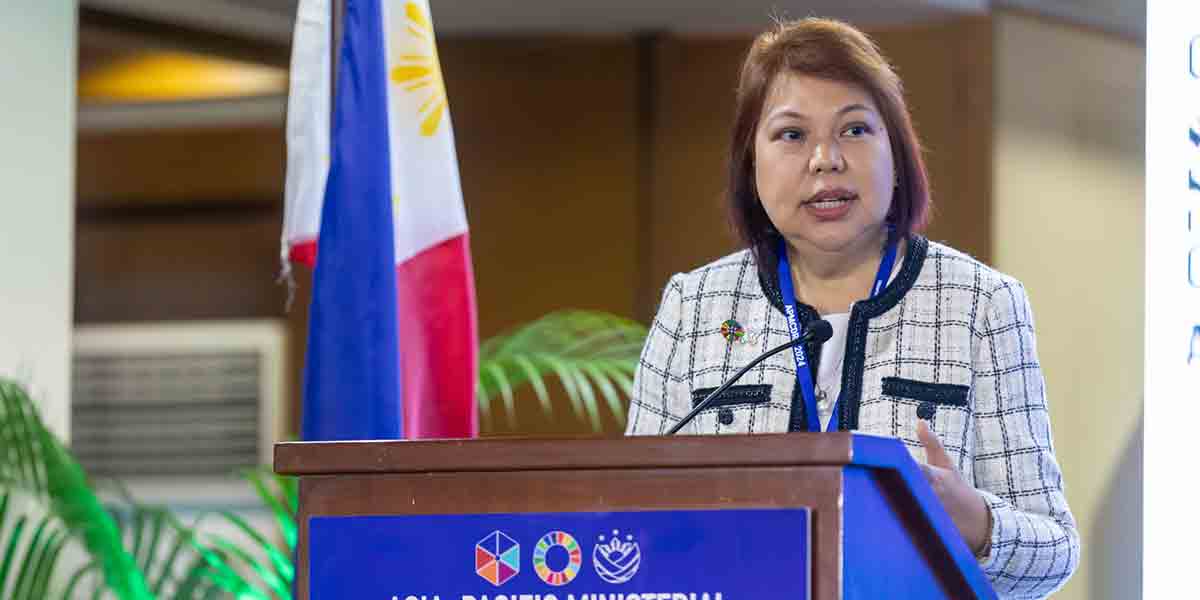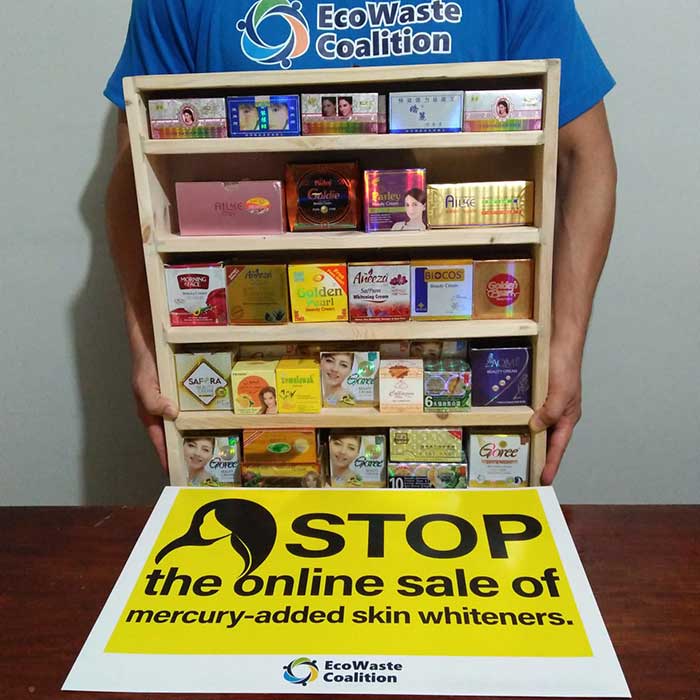
The toxics watchdog group EcoWaste Coalition slammed the persistent use of online shopping platforms to advertise and sell skin lightening creams containing mercury in violation of the ASEAN Cosmetic Directive, as well as the Minamata Convention on Mercury.
Ahead of the 6.6 online shopping sales this Monday, the group renewed its plea to e-commerce companies Lazada and Shopee to purge their platforms of products that have no market authorization, especially skin care products that are known or suspected to contain mercury, which is banned in cosmetic product formulations.
“We urge e-commerce giants Lazada and Shopee to forbid wholesalers and retailers from using their platforms to peddle hazardous commodities such as skin lightening creams contaminated with mercury, which are being traded online at the expense of public health and the environment,” said Aileen Lucero, National Coordinator, EcoWaste Coalition. “We are raising this issue for the nth time, and we hope our plea for action will be listened to this time around. To Lazada and Shopee, make online shopping mercury-free, please.”
The EcoWaste Coalition’s latest appeal to make the online marketplace safe from perilous mercury-added products has drawn the support of Laban Konsyumer Inc. (LKI), a national consumer organization accredited by the Department of Trade and Industry and a member of Consumers International.
“It’s regrettable that the 18th Congress failed to pass the Internet Transactions Act, an indispensable enforcement tool,” emphasized Atty. Vic Dimagiba, LKI President. “It’s time for government regulators to crack the whip to halt the illegal sale of dangerous products online and ensure consumer health and safety.” He added that “e-commerce companies, with their vast resources, should be able to employ enough personnel to monitor their sites and keep toxic products at bay.”
Based on the search it conducted on June 2, 2022 in the said online shopping sites, the EcoWaste Coalition found at least 150 product listings for cosmetics flagged by the Food and Drug Administration (FDA) for lacking valid certificates of product notification and/or for containing mercury above the regulatory limit of one part per million (ppm).
Among those being sold online are banned products covered by FDA Advisory Nos. 2021-3060 (Golden Pearl Beauty Cream), 2021-0646 and 2017-314 (Collagen Plus Vit E Day & Night Cream), 2017-289 (Goree Beauty Cream with Lycopene and Goree Day & Night Beauty Cream), 2015-025 (S’Zitang 7 Days Specific Whitening & Spot AB Set and S’Zitang 10-Day Whitening & Spot Day Night Set), 2013-053-A (Feique Herbal Extract Chinese Herbal Formula Whitening Anti-Freckle Set), 2010-004 (Jiaoli 7-Day Eliminating Freckle AB Set), and 2010-02 (Jiaoli Miraculous Cream).
Last February 2 to 22, the EcoWaste Coalition purchased 31 skin whitening facial creams costing P24 to P1,270 each from Lazada and Shopee third-party dealers, which the group analyzed for mercury using an Olympus Vanta M Series X-Ray Fluorescence (XRF). Of the 31 samples, 26 were found contaminated with mercury up to 22,100 ppm, way in excess of the 1 ppm limit.
According to Dr. Geminn Louis Apostol , an environmental health specialist at the Ateneo Center for Research and Innovation, “mercury is a toxic element and even small amounts of this chemical is hazardous to human health.” For mercury-containing skin lightening creams, mercury is released through usual product use with dermal contact and inhalation as common exposure routes. Repeated applications can harm the kidneys, the brain and the central nervous system, cause skin discoloration, rashes and scarring, and lessens resistance to bacterial and fungal skin infections.
“The use of mercury-containing skin whitening products by pregnant women is of utmost concern as mercury is known to cross the placenta during pregnancy and accumulate in fetal tissues, affecting the developing brain and nervous system of the baby in the womb and causing neurodevelopmental disorders,” he said.
The Minamata Convention on Mercury, which entered into force in August 2017, phased out in 2020 the manufacture, import or export of cosmetics such as skin lightening creams and soaps with mercury content above 1 ppm.
As a member state of the Association of Southeast Asian Nations, the Philippines subscribes to the ASEAN Cosmetic Directive, which in 2007 included mercury and its compounds on the “list of substances which must not form part of the composition of cosmetic products.”




